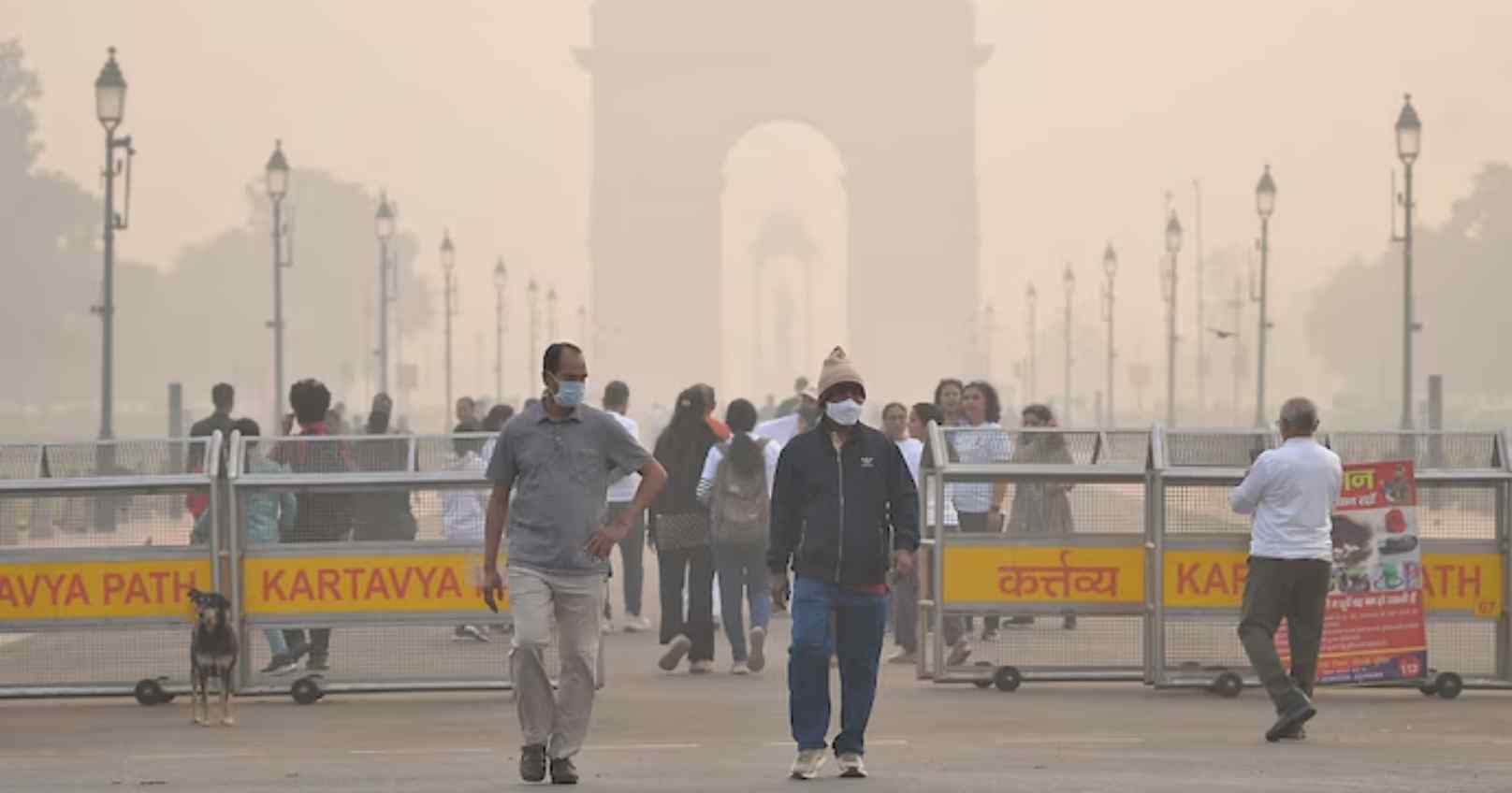A recent report highlights that 13 of the 20 most polluted cities in the world are in India, with Byrnihat in Assam emerging as the worst-affected.
According to the World Air Quality Report 2024 by Swiss air quality technology firm IQAir, India remains among the most polluted nations, ranking fifth globally in 2024—an improvement from third place the previous year. The report also states that Delhi continues to hold the title of the most polluted capital city.
Despite an overall 7% reduction in PM2.5 levels—from 54.4 micrograms per cubic meter in 2023 to 50.6 micrograms in 2024—six of the top 10 most polluted cities are in India. Delhi’s annual average PM2.5 level stood at 91.6 micrograms per cubic meter, barely changing from 92.7 micrograms the previous year.
The Indian cities among the world's worst air pollution hotspots include Byrnihat, Delhi, Mullanpur (Punjab), Faridabad, Loni, New Delhi, Gurugram, Ganganagar, Greater Noida, Bhiwadi, Muzaffarnagar, Hanumangarh, and Noida.
The report further highlights that 35% of Indian cities recorded PM2.5 levels exceeding 10 times the World Health Organization’s safe limit of 5 micrograms per cubic meter.
Health Risks and Expert Opinions
Air pollution remains a significant public health crisis in India, with studies estimating that long-term exposure to PM2.5 reduces life expectancy by 5.2 years. Research published in The Lancet Planetary Health previously linked 1.5 million deaths annually (2009–2019) to prolonged exposure to toxic air.
PM2.5 particles—tiny pollutants measuring less than 2.5 microns in diameter—can enter the lungs and bloodstream, increasing risks of respiratory diseases, heart conditions, and even cancer. Major contributors include vehicle emissions, industrial activities, and the burning of biomass and crop stubble.
Former WHO chief scientist Soumya Swaminathan, who also advises India’s health ministry, emphasized that while India has improved air quality monitoring, concrete actions remain inadequate.
"We have extensive pollution data, but urgent action is needed," she told PTI. Swaminathan suggested simple measures like expanding access to clean cooking fuels such as LPG, increasing subsidies for poorer families, and strengthening public transport to reduce vehicle pollution.
She also stressed the importance of stricter enforcement of environmental regulations, stating, "Industries and construction sites must install proper emission controls instead of cutting corners."
The findings reinforce the pressing need for stronger policies and enforcement to combat India's ongoing air pollution crisis.







